The West African Civil Society Week’23 concluded on a resounding note, emphasizing the critical role of collaboration and self-regulation in the region’s civil society landscape.
The event, held at the Lagos Mariot Hotel in GRA Ikeja, Lagos State, from August 29 to August 31, brought together prominent voices from civil society organizations to discuss the theme, “Reimagining the Role of Civil Society in a Closed Civic Space in West Africa: Policy, Capacity, Tools, and Resources for the Future.”
Join our WhatsApp ChannelThe West African Civil Society Week’23 underscored the urgency of collaboration, self-regulation, and resource diversification to navigate the challenges posed by closed civic spaces in the region. Participants agreed that these strategies would empower civil society organizations to continue advocating for democracy, good governance, and social change across West Africa.
READ ALSO: WASCSW23: Youth Activism, Technology Amplification, Inclusive Governance Takes Centre Stage
The event provided a platform for experts, practitioners, and stakeholders to engage in meaningful discussions, fostering a shared vision for the future of civil society in the region. As West African countries grapple with complex socio-political landscapes, the insights from the panel discussions are expected to shape policies and strategies for a more resilient and impactful civil society sector.
During the plenary session titled “Reimagining the Role of Civil Society in a Closed Civic Space in West Africa,” speakers addressed key challenges and strategies to ensure the continued effectiveness and impact of civil society organizations in the region.
Mr. Oyebisi Oluseyi Babatunde, Executive Director of NNNGO, Nigeria, emphasized the importance of self-regulation for Civil Society Organizations (CSOs). He stated, “We are here to proffer a solution. Self-regulation for Civil Society Organizations is essential. This brings about our ethics and values as a sector. We should self-regulate because the general regulations from the government cannot cover for all.” Mr. Babatunde acknowledged the challenges of enforcing self-regulation but highlighted that CSOs’ non-profit, self-governing, and voluntary nature formed the core of their identity and purpose.
Ms. Nana Afadzinu, Executive Director of the West Africa Civil Society Institute (WASCI), stressed the need for collaboration and resource diversification within the civil society sector. “Civil Society should not compete with themselves instead of collaboration,” Ms. Afadzinu remarked.
She discussed the challenges of overdependence on external donors and the need to channel giving towards the sector’s work. Ms. Afadzinu urged civil society organizations to think creatively and engage high-profile individuals to champion democracy and good governance.
Mr. Gad Peter, Executive Director of the Cleen Foundation, Nigeria, highlighted the importance of intergenerational collaboration and policy support. “We need intergenerational collaboration. We need to mentor the young ones coming up,” said Mr. Peter.
He emphasized the need for accountable governance and a strengthened judiciary to address challenges in governance that often lead to public protests. Mr. Peter questioned the efficacy of elections in Africa and called for a reevaluation of strategies to ensure their fairness and credibility.
Ms. Denise Mubaiwa, Shared Learning Officer at the Program Support Unit of Open Society-Africa, discussed the role of donors and philanthropists in sustaining civil society. “We have a lot of work to do to strengthen the sector,” Ms. Mubaiwa stated. She highlighted the need to explore diverse funding sources, including the private sector’s growing interest in social impact beyond profits.
#WASCW23
Emmanuel Ochayi is a journalist. He is a graduate of the University of Lagos, School of first choice and the nations pride. Emmanuel is keen on exploring writing angles in different areas, including Business, climate change, politics, Education, and others.

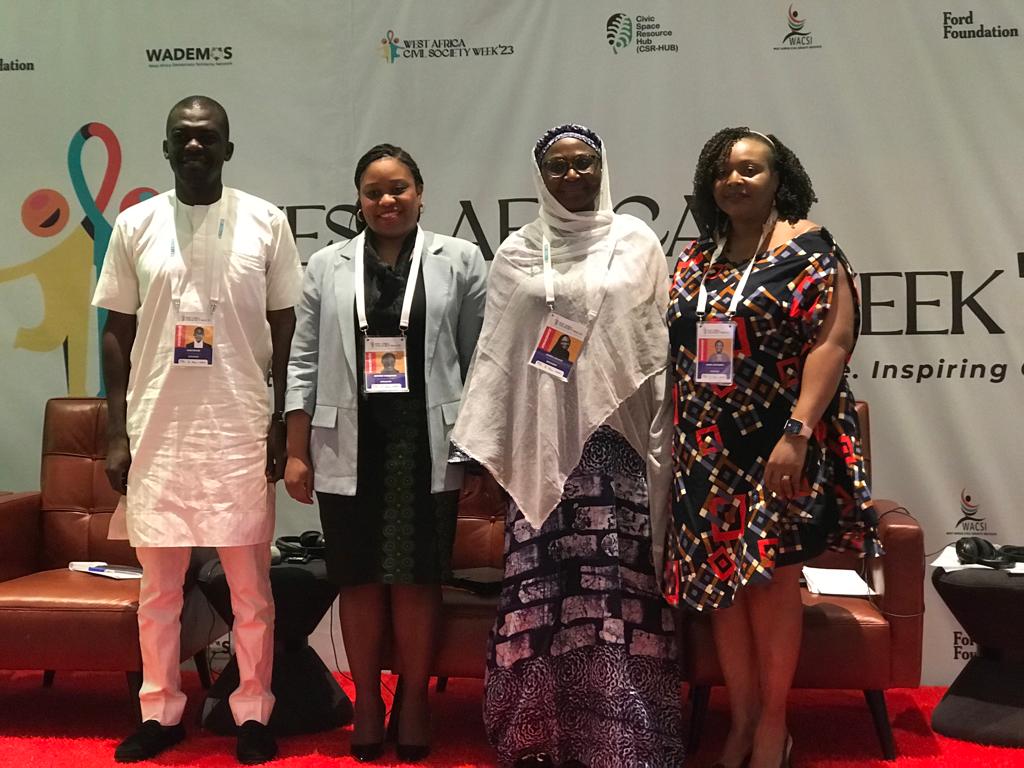



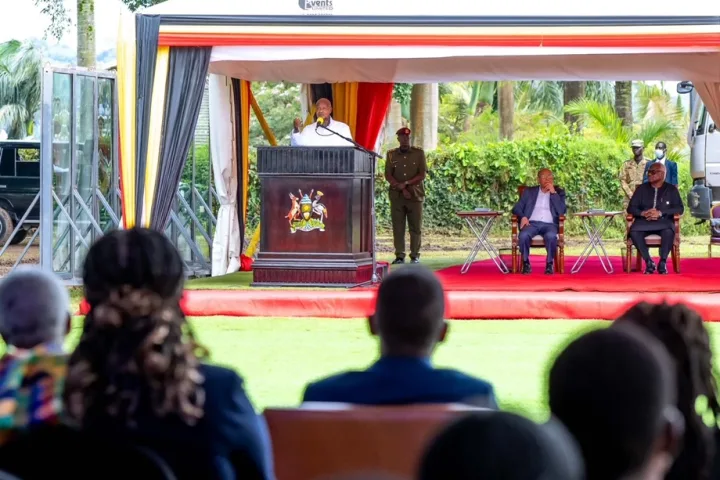
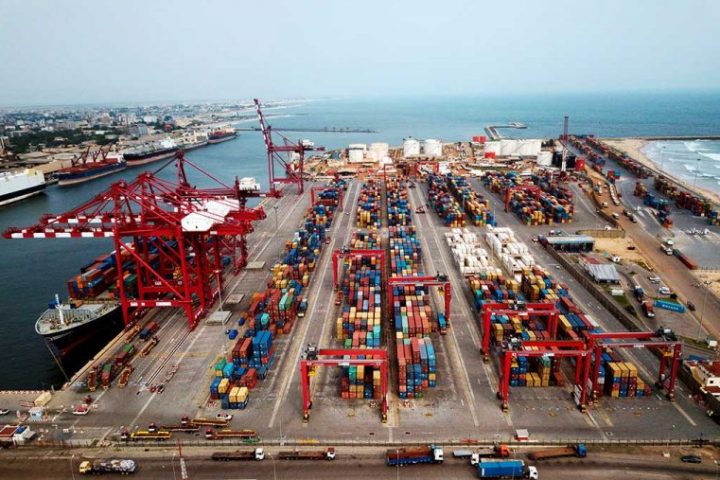









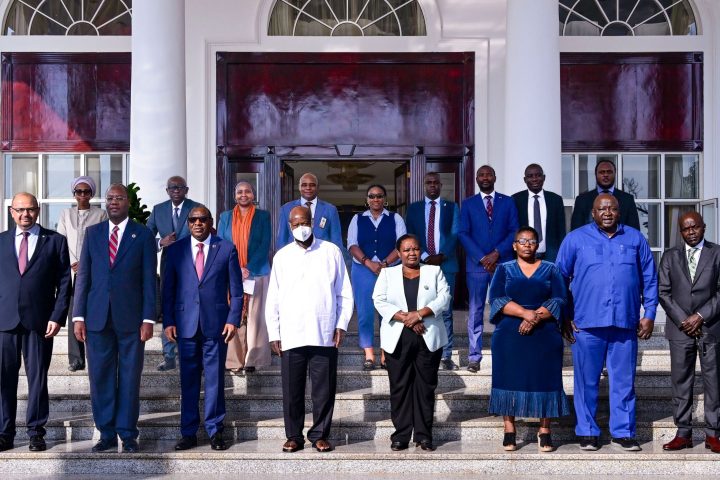

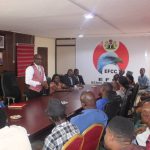
Follow Us